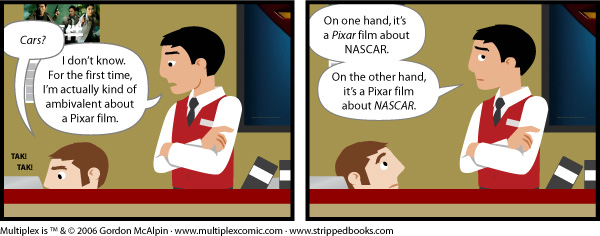Pop-culture narcissism again
 I'm in Minneapolis for a meeting of the LSA executive committee, and yesterday afternoon, on the plane from Philadelphia, I listened all the way through to Lee Atwater's extraordinary 1990 album, "Red, Hot and Blue". At the time these tracks were recorded, Atwater was chairman of the Republican National Committee, fresh from his successful role managing George H.W. Bush's 1988 presidential campaign. And as you can hear if you listen to the guitar and vocal stylings on his signature tune Bad Boy, Atwater was also a pretty fair R&B musician:
I'm in Minneapolis for a meeting of the LSA executive committee, and yesterday afternoon, on the plane from Philadelphia, I listened all the way through to Lee Atwater's extraordinary 1990 album, "Red, Hot and Blue". At the time these tracks were recorded, Atwater was chairman of the Republican National Committee, fresh from his successful role managing George H.W. Bush's 1988 presidential campaign. And as you can hear if you listen to the guitar and vocal stylings on his signature tune Bad Boy, Atwater was also a pretty fair R&B musician:
Audio clip: Adobe Flash Player (version 9 or above) is required to play this audio clip. Download the latest version here. You also need to have JavaScript enabled in your browser.
Read the rest of this entry »


